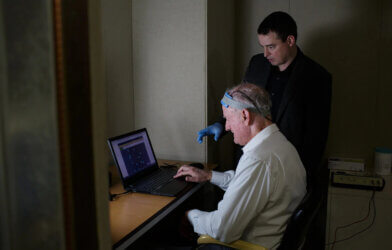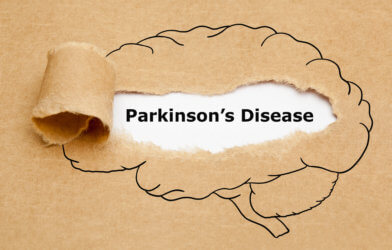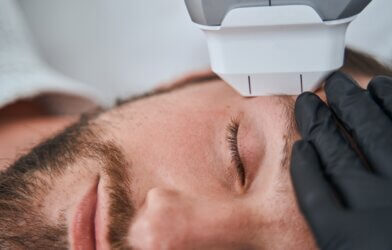BrainsGate’s implantable neurostimulation device, the Ischemic Stroke System, failed to win the FDA’s premarket approval in recent weeks. After more than two years since BrainGate submitted the ISS for approval, the FDA raised concerns both with the device itself and the BrainGate-sponsored clinical study.
The Ischemic Stroke System was designed to improve blood flow to the brain following an ischemic stroke. Electrodes are implanted inside the mouth where electrical stimulation is delivered several times a day to the sphenopalatine ganglion. The sphenopalatine ganglion is a group of nerve cells behind the nose associated with pain and other sensory experiences.
On Dec. 10, The FDA advisory committee of neurological device experts all affirmed the safety of the ISS, but ultimately failed to agree that it is an effective treatment for stroke and that the device’s benefits offset the risks. Although this decision of the committee is a nonbinding recommendation for the FDA, it is most common that the FDA sides with the decision of the committee in the device’s final approval.
The clinical trial sought to prove that when the system was implanted within 24 hours at the onset of a stroke, that “stimulation applied in four-hour sessions for five days, post-stroke disability would be reduced by the three-month mark.” The agency raised concerns about the trial regarding the 12% of participants needing to be removed from the trial due to the stimulator implanted incorrectly or not delivering stimulation properly. Additionally, no participants were executed from the placebo group from the trial, therefore the committee casted doubt on its accuracy.
The committee also highlighted issues with the reported measurable success of the study. According to the FDA, the trial’s success was “measured by comparing patients’ disability ratings to a predictive model derived from previous trial data.” This predictive model proved to display skewed data accuracy, according to the FDA.
Several factors were changed mid-study including, “the trial’s protocol, statistical analysis plan, primary outcome and even the device used were.” These changes further cast uncertainty in the trial’s success and accuracy.
Ultimately, all 13 experts agreed that the device was safe to use for patients that align with the indicated use. However, panelists were split on the issues of the ISS’ effectiveness and its benefits outweighing the associated risks. Some of these concerning risks included airway endangerment, infection at the implantation site, brain swelling, hematoma formation.













Comments